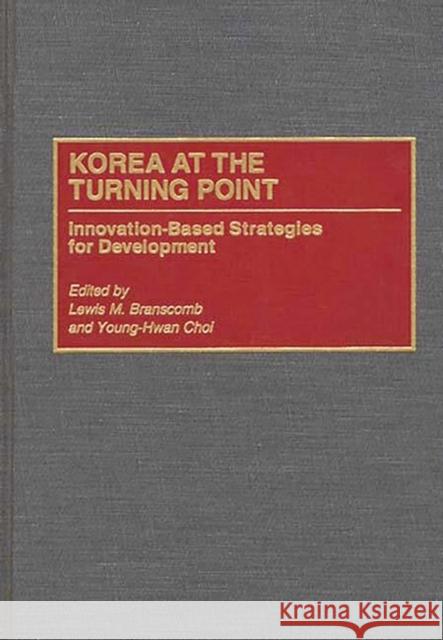Korea at the Turning Point: Innovation-Based Strategies for Development » książka
Korea at the Turning Point: Innovation-Based Strategies for Development
ISBN-13: 9780275951474 / Angielski / Twarda / 1996 / 304 str.
Can Korea realize its dream of matching the economic performance of the G-7 nations in the next 15 years? The marshalling of capital, and dedicated, low-cost labor by authoritarian governments in the past created double-digit economic growth based on imported technology. How can Korea's young democracy, fledgling science, and liberalizing policies compete against a new level of global competition? Korea must build its research capability, accelerate the development of smaller, high-tech firms, and reduce bureaucratic conflict in support of an innovation-based strategy. This book puts Korea's technological challenge in its historical context, documents the reasons past strategies are no longer viable, and presents a blueprint for the next stage in Korean development. Korean economy is one of the most exciting and dynamic ones in the world. Korea finds itself in the position of being regarded as respected competition by nations and firms which earlier regarded it only as a source of low-cost, high-quality production. As the economy has slowed, the Korean government and private sector have faced the challenge of making a change in strategy in regard to its approach to technology, and how the economy is to be managed. This analysis of where Korea has been and how it will deal with technology and economic management is conducted by prominent Korean and American scholars.











